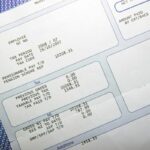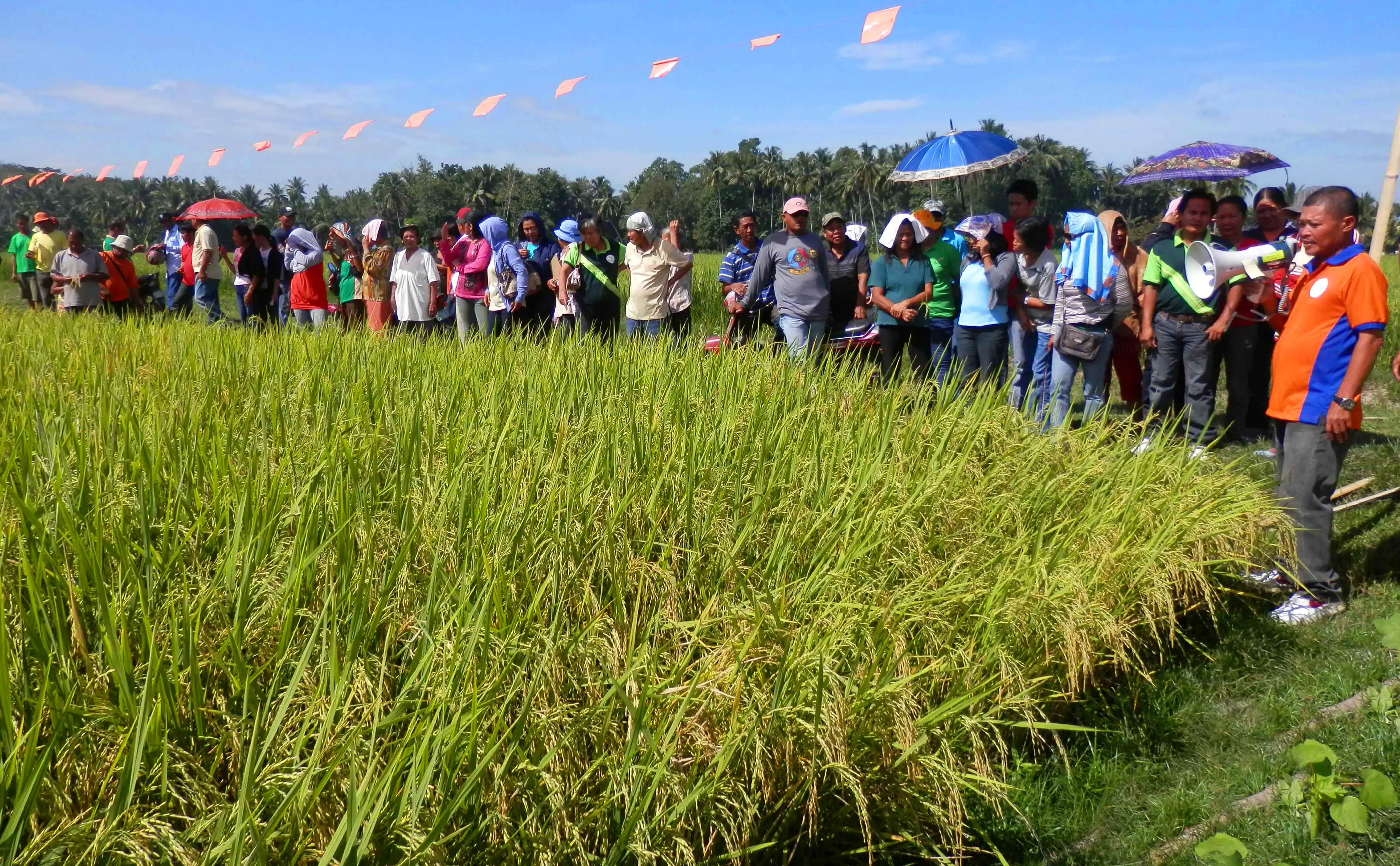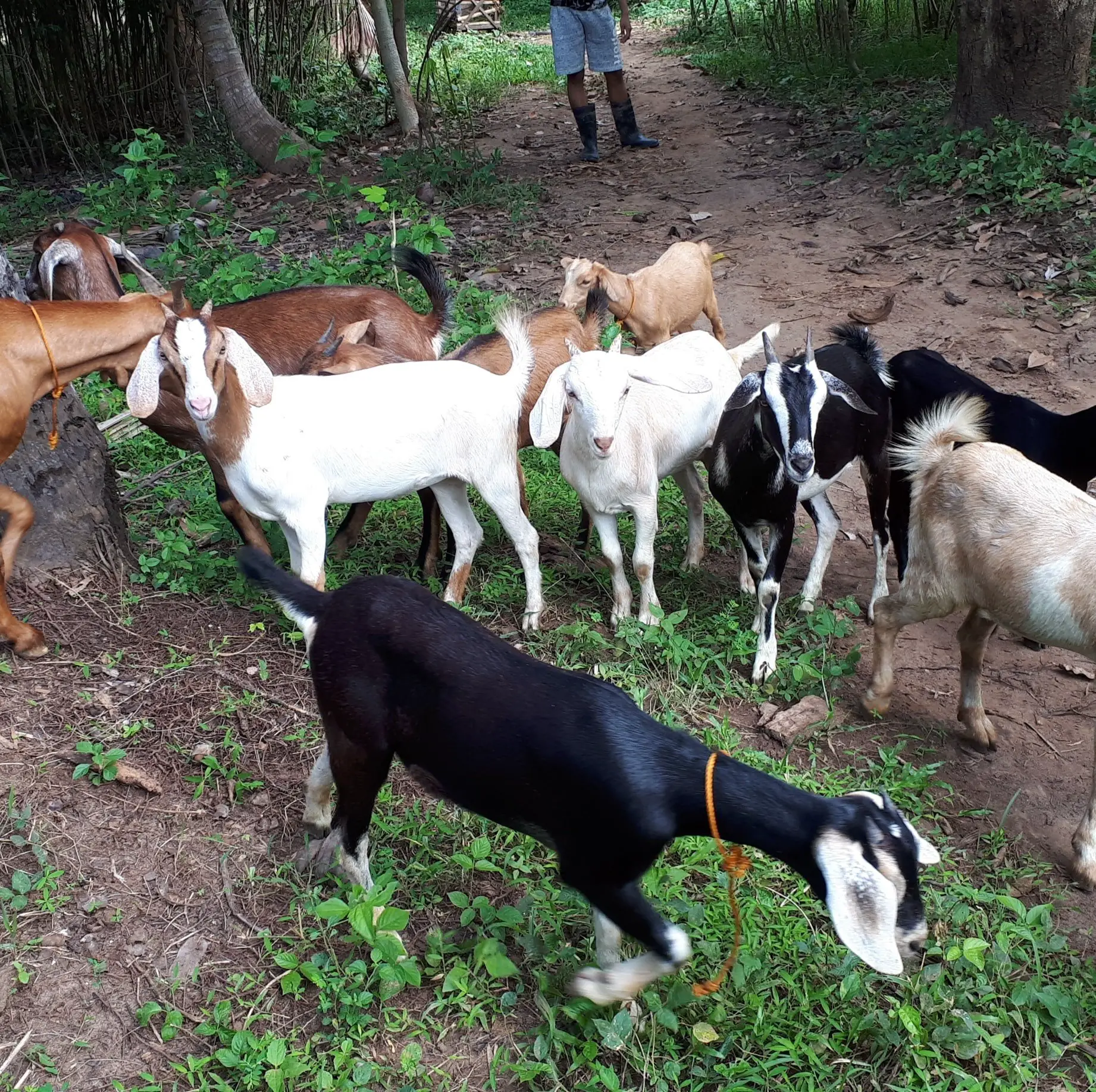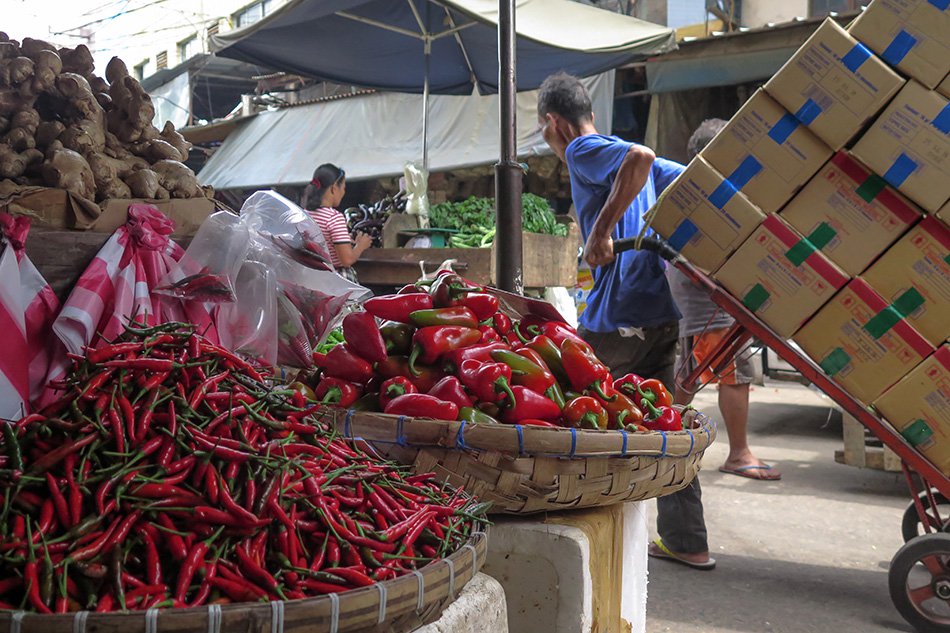The Department of Agriculture is now eyeing expansion of a program after a successful pilot arrangement between Dubai-based overseas Filipino workers and poor rice farmers based in North Cotabato.
In a Facebook post, DA Secretary Manny Piñol outlined the Department’s plans where OFWs would provide capital money to buy seeds, fertilizers and enable increase in rice production.
Boosted by the reaction coming from lawmakers in a Appropriations Committee deliberation who bewailed the lack of budget for the Department, Piñol met with officials to look at other options to provide financiing for Flipino farmers and fisherfolk.
The Don Bosco Multi-Purpose Cooperative through which Dubai-based OFWs invested on 60 hectares of farm land at P30,000 per hectare for organic rice farmers in M’lang, North Cotabato. The program, initiated by then labor attache Ofelia Domingo, allowed OFWs to finance the farms locked in for two years, and allowed investors to withdraw their money after four cropping seasons.
Don Bosco general manager Romano Laurilla said the OFW investors were guaranteed an income of P4,500 per harvest which would be twice a year or an income of P9,000. By the time their investment “matures” after two years and earned P18,000, OFW investors will have the option to withdraw their investment or continue financing the farmers.
The OFWs are not limited to just investing as they will handle the marketing of organic rice produce in Dubai and the Middle East market. The response from Dubai OFW investors was encouraging as many of them sought to finance the whole 160 hectares of organic rice farms to maximize opportunities.
Don Bosco has already has shipped 11 metric tons of well-packaged organic rice while another shipment is scheduled for September this year.
Piñol tasked Undersecretary for Policy and Planning Segfredo Serrano to review the Don Bosco – Dubai OFW agreement and come up with a scheme to allow other Filipinos based abroad to finance the rice farmers even without the “marketing” provision.
The DA Secretary is confident that at P2,400 earning for just P20,000 investment per hectare every year, many OFWs would be willing to participate.
The investment also poses very little risk on investments as farmers participating in the program will be covered by the Philippine Crop Insurance Corporation.
Piñol is planning to identify and accredit farmer groups in every province and ask OFWs where they would like to invest.
Photo credit: http://www.ndbcnews.com.ph









